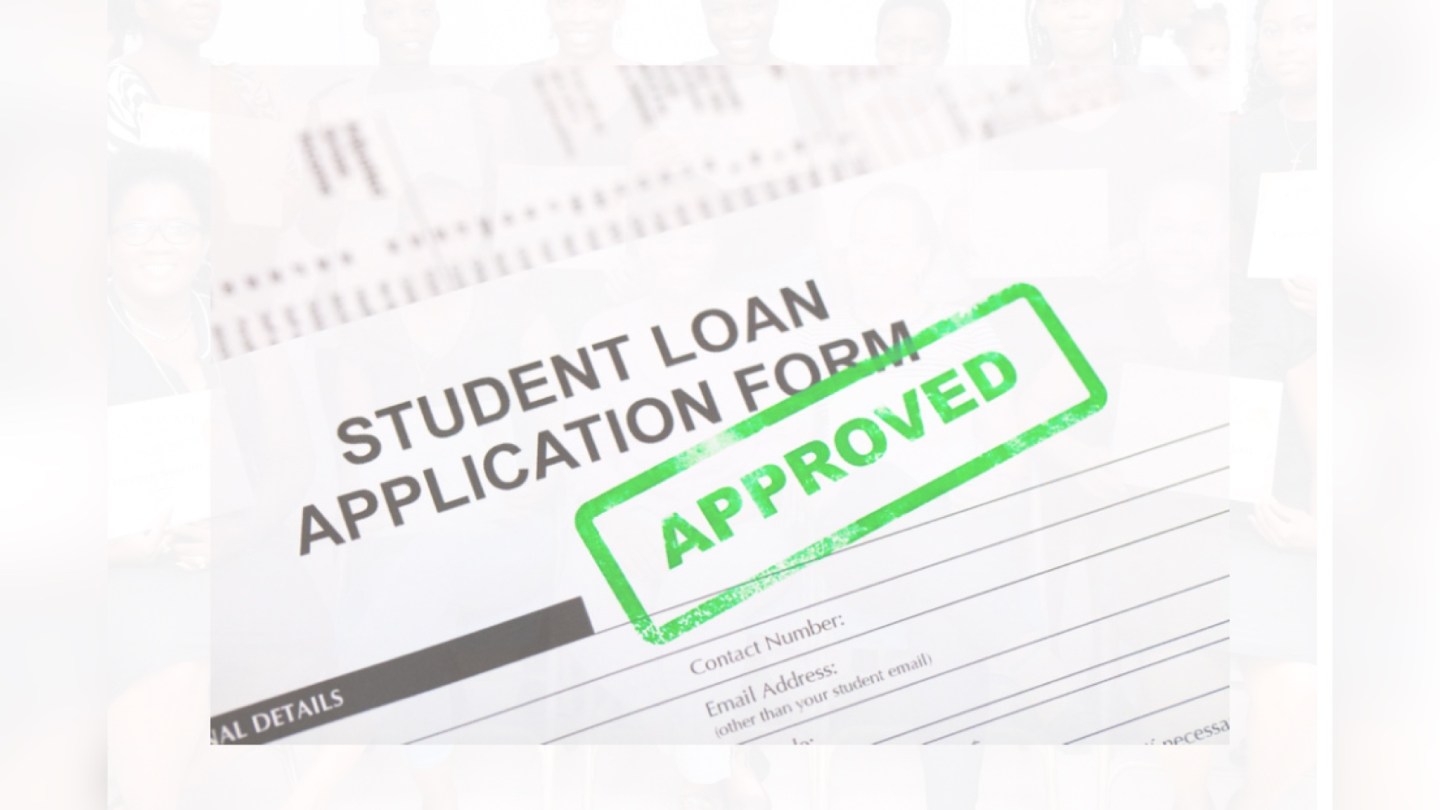By Admin. Updated 5:28 p.m., Thursday, April 6, 2023, Atlantic Standard Time (GMT-4).
Persons wishing to apply for an economically disadvantaged student loan have until June 30, 2023 to do so.
The Ministry of Education and National Reconciliation announced today (April 6) that it is now accepting applications for the Economically
Disadvantaged Student Loan Program for the academic year 2023/2024.

The ministry said application forms can be accessed electronically via the link nissvg.org/form or collected at the Ministry of Education’s main office on Halifax Street, Kingstown,
Monday to Friday from 9:00 am to 3:00 pm.
All completed application forms can be submitted via email to
nsIstudent.svg@gmail.com or at the Ministry of Education’s main office by June 30, 2023.
About the program (all of the following information comes from the NIS’ website):

In 2002, the Government of St. Vincent and the Grenadines made a policy decision to allocate a proportion of the funds for the Student Loan Programme to assist the most indigent segment of the population.
The principal beneficiaries under this programme are those persons who have the ability, but lack the financial and other resources to qualify for assistance under the Standard Student Loan Scheme.
Students accessing loans under this Programme will be required to sign a bond for the amount of the loan. In this regard, persons whose loans are approved under this programme will have their loans secured by the Government of St. Vincent and the Grenadines.
Who is eligible?

In addition to the Student Loan Scheme Guidelines, an applicant would be eligible to benefit under this programme if he/she is from a household that exhibits most of the following characteristics:
- Be of good academic standing (results of examinations approved by the MOE)
- A member of a household with an annual income below $10,000
- Lack of assets (especially land and monetary saving) and can demonstrate that they do not qualify for credit.
- Lack of productive, remunerative work and a heavy concentration on low productivity, informal type occupation.
- Households with few earners and a high dependency ratio
- A member of a large household (2 adults and 4 children below the age of 18)
- A member of a single-parent headed household
- Member of female-headed household
- Households where the principal income earner has become displaced (e.g. children of disabled or indigent parents).
- Member of vulnerable groups (e.g. children of disabled or indigent parents).

